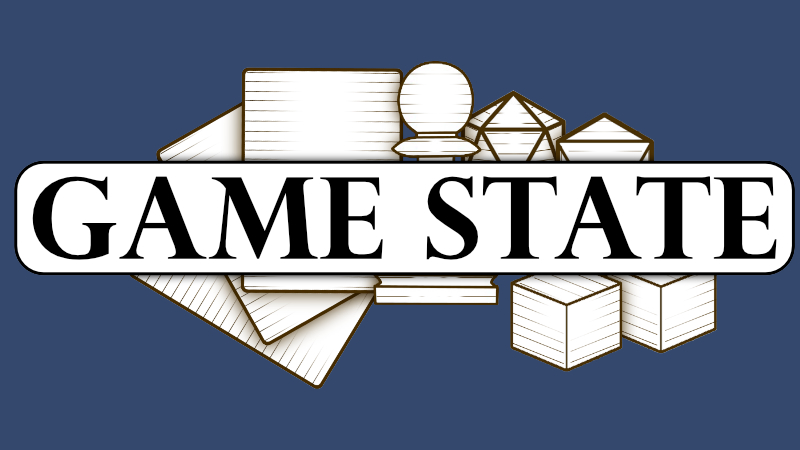What is a Role-playing game?
At it’s heart, role-playing games are where the players assume the role of a character or characters in a shared story-telling experience. For most of the players it’s like acting without a script as they act and react to a situation as their characters would. These characters are called Player Characters, or PC’s. For one of the players, (the storyteller, game master, dungeon master, etc.), their job is to act as the narrator. They describe the scene in as much or little detail as they wish, other characters who are present, and what is happening. These ancillary characters are called Non-Player Characters, or NPCs, because they are run by someone in the game who is not running a Player Character.
Almost all Role-playing games have a method of telling whether an action a character wants to do is successful. Sometimes, it just happens through good role-playing. Often, when an action is important to the story or combat, something will be used to determine the success of that action though. With most role-playing games, that is handled through rolling dice and adding or subtracting any modifiers.
That’s it! It’s just a shared story-telling experience. A group of players, friends, and/or family comes together and works toward a common goal to tell and participate in a grand adventure orchestrated by the game master. The actions of the players cause the game master to change their plans in actions and reactions and the actions of the game master cause the players to change their plans as well.
Some of these adventures are prewritten. Campaign books that stem multiple adventuring sessions through linked adventures (almost like chapters in a book), or just one-shot adventures that are meant to last a single session, and everything in between can be found. Even the session length can be variable; schedules can be tough to work around and at gaming conventions the sessions are kept specifically short to get the most gaming in that you can. With the prewritten adventures, it can be difficult to keep players on track because they might pick up something in the story that leads them in a completely different direction…and very far from the scripted beats in the adventure book.
With a planned adventure, the game master has created a few major plot points, some NPCs, and some locations with varying amounts of preparation done before hand. Some GM’s need just a few plot points and a few notes on NPCs and maybe a rough idea of a map. Some GM’s may need more than that, ranging all the way up to fully written NPCs including back story, fully mapped locations, and scripted events that keep the story moving the direction it’s intended. Neither style is more or less correct than the other; it’s all dependent on what the GM needs to make it an awesome game experience for everyone, including themselves.
Between shows like Critical Role, and Celebrity D&D, role-playing, and in particular Dungeons and Dragons is more popular than it has been before. Other systems like Savage Worlds from Pinnacle Entertainment, GURPS from Steve Jackson Games, Star Wars currently put out by Fantasy Flight Games or the original version put out by West End Games, or even the World of Darkness series put out by White Wolf Publishing are at the top of the heap in the gaming world. However, they are only five publishers out of over 4000 that produce role-playing game material in the form of source books, adventures, campaigns, and other accessories to make the gaming experience better. That’s saying nothing about the hundreds of other companies that produce dice, book bags, dice trays, and other merchandise that caters to role-playing and role-players.
What is a role-playing game? It’s a collective experience that is unlike any other in gaming. It’s a creative expression. It’s fun. It’s a way to meet friends and even become family. Role-playing is everything that gaming should be and often is: amazing.
